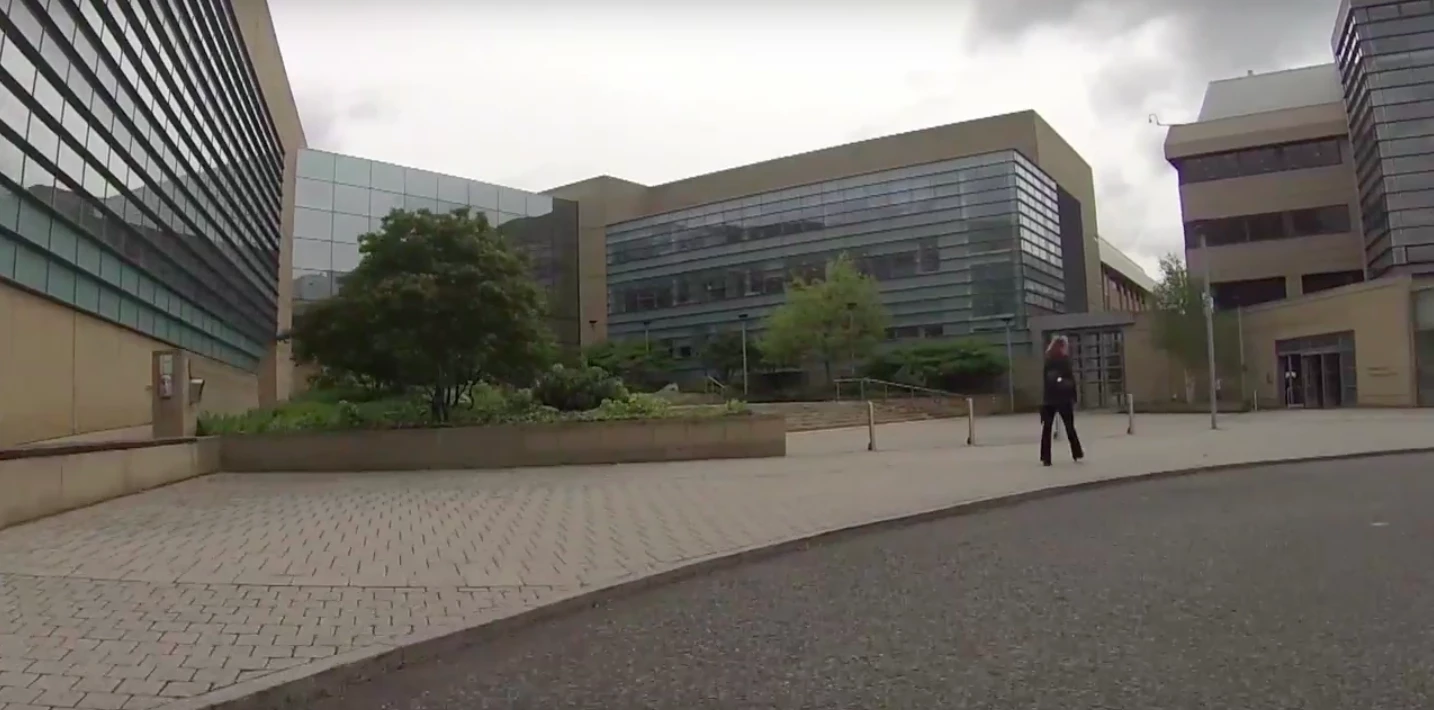
University startups chosen for £500k Life Science Accelerator investment
Eight startups are set to receive expert help as they get ready for investment from a new £500k North of England Life Science Accelerator (NELSA).
A NELSA panel chose the best business ideas from across the Northern Powerhouse region, giving the entrepreneurs behind them access to mentors, coaching and workshops as they embark on the next stage of their commercial journey.
The companies selected are Lightox, led by Durham University; Horizon: Therapeutic Microbubbles, of the University of Leeds; and a business centred on ‘an integrated gastrointestinal model for drug delivery’ from Newcastle University.
Two startup projects from the University of Central Lancashire were also selected alongside three independent businesses – StrataStem, originally from the University of Manchester; Mind Moose; and MolMart.
NELSA is anchored at Alderley Park’s BioHub and was launched last Autumn at the 2016 annual BioCap Conference.
The deputy director for natural sciences in the Faculty of Science at Durham University, Dr Carrie Ambler, said: “Lightox Ltd is developing fluorescent small, drug-like molecules for phototherapies and as molecular probes in biology, medicine, cytometry and imaging.
“The bespoke guidance and support offered by the NELSA business and science mentors will help us navigate the transition from the university start-up we are to the independent commercial venture we are aspiring to become.”
The University of Leeds’ Dr Sally Peyman commented: “Horizon: therapeutic microbubbles provides world leading microfluidic technology to produce therapeutic microbubbles coated with a drug payload that can be used to deliver treatments to specific target sites in the body, such as a cancerous tumour. Once targeted, drug release from bubbles can be triggered by ultrasound, thus reducing off site toxicity and increasing local dosage.
“The NELSA process so far has proven extremely useful in helping us to think how best to take the technology from the lab and focus on understanding customer requirements to enable effective future development of the technology.”
She added: “We are excited to enter the next phase of the NELSA process to develop this opportunity further.”
Dr Peter Chater, of Newcastle University, said: “We’ve developed a lab model of the digestive tract that can simulate the digestion, mucus permeation and uptake of foods and drugs.
“Our model allows the pharmaceutical industry to investigate the delivery of oral drugs without using animal models. Having seen the facilities and expertise at the Biohub, we’re really excited to take part in NELSA.”
After the initial application process closed in January 2017, eight companies were selected from 15 that were invited to take their ideas to a two-day business boot camp.
Ned Wakeman, director of BioCity, which manages the BioHub, commented: “The NELSA programme facilitates the creation and growth of more successful businesses by partnering innovative high quality academic research with the valuable industry and commercialisation expertise, funding, and structured programmes, available on site.”
Durham, Leeds and Newcastle University are part of the N8 Research Partnership group of universities.
Looking to promote your product/service to SME businesses in your region? Find out how Bdaily can help →




 test article 123456789
test article 123456789
 hmcmh89cg45mh98-cg45hm89-
hmcmh89cg45mh98-cg45hm89-
 test456456456456456456
test456456456456456456
 test123123123123123123
test123123123123123123
 test xxxdiosphfjpodskhfiuodsh
test xxxdiosphfjpodskhfiuodsh
 Savour the flavour: North Tyneside Restaurant Week returns for 2024
Savour the flavour: North Tyneside Restaurant Week returns for 2024
 Six steps to finding the right buyer for your business
Six steps to finding the right buyer for your business
 Stephen signs off on a special night
Stephen signs off on a special night
 Life’s a Peachaus: Gillian Ridley Whittle
Life’s a Peachaus: Gillian Ridley Whittle
 Making a splash: Phil Groom
Making a splash: Phil Groom
 Making workplace wellbeing a priority
Making workplace wellbeing a priority
 A record of delivery, a promise of more: Ben Houchen
A record of delivery, a promise of more: Ben Houchen